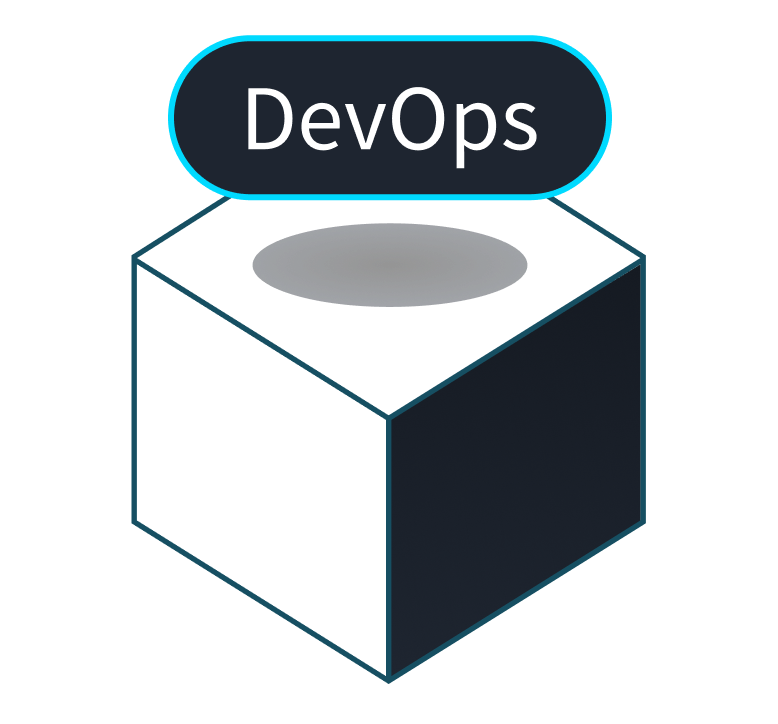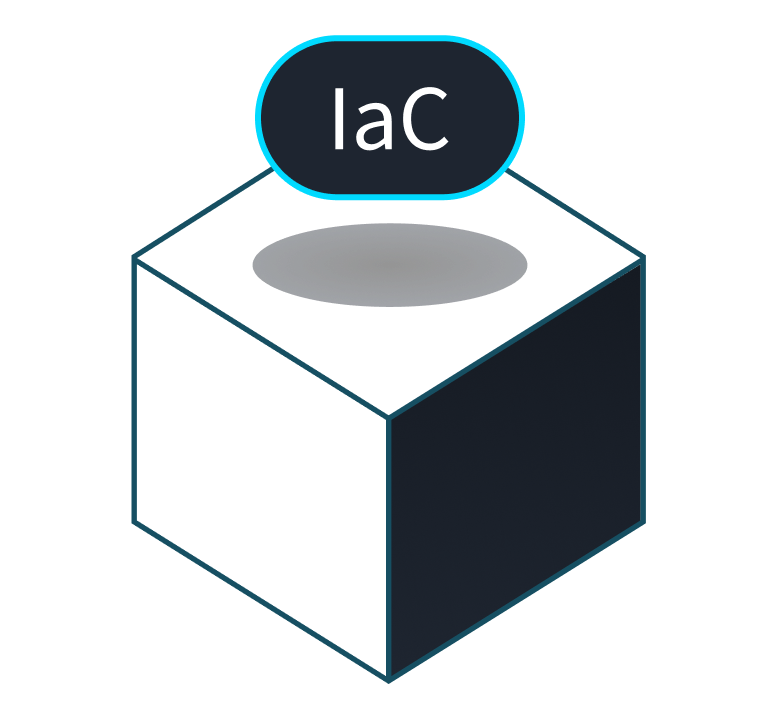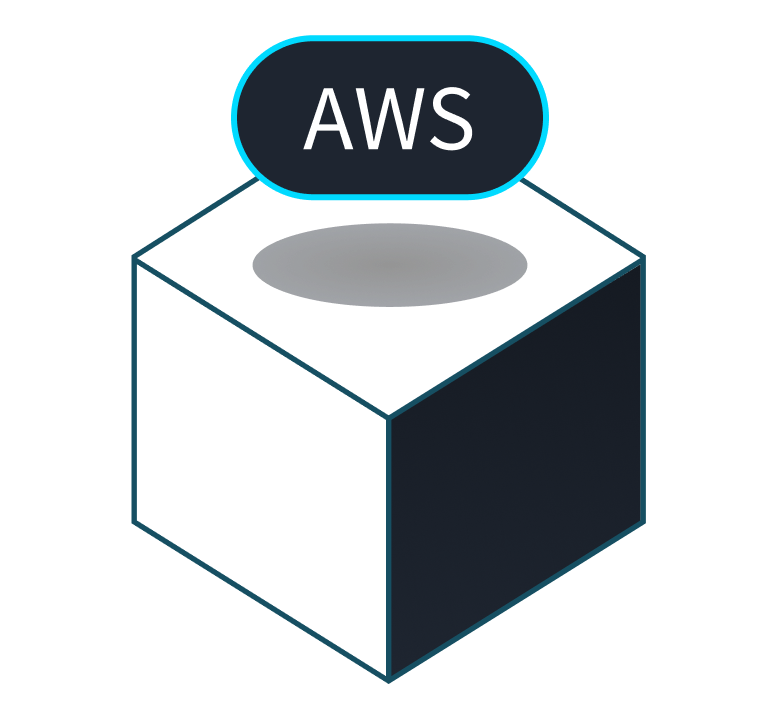How We Can Help


Our Previous Work
Gruntwork is a 100% bootstrapped company, where we built nearly all of products through consulting engagements. Here are just a few examples of our past consulting work.
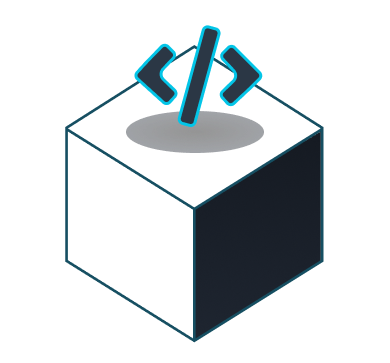
Infrastructure as Code Library
A collection of over 350,000 lines of reusable, battle-tested infrastructure code for AWS that has been proven in production with hundreds of customers. Read more.
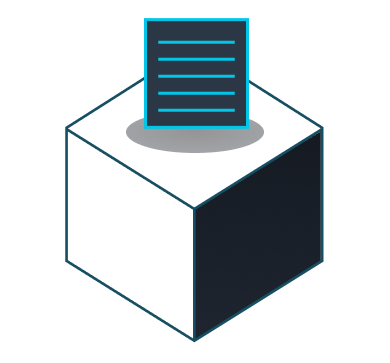
Reference Architecture
An opinionated, end-to-end tech stack built on top of the Infrastructure as Code Library that we deploy into your AWS accounts in about a day. Read more.

Compliance
Achieve and maintain compliance with the CIS AWS Foundations Benchmark recommendations. Read more.
Meet the Community
It has been our privilege to work with software teams of all sizes.


“It was fantastic to see how Gruntwork delivered our awesome AWS + Terraform infrastructure on time and well under budget.”
 Erem Boto, Senior Software Engineer
Erem Boto, Senior Software Engineer
How We Work
Gather requirements
We work with you to deeply understand the problem you're trying to solve.
Put together a proposal
We put together a plan for the solution we will build.
Incremental delivery
In our proposal, we plan out the work in 2-week sprints with the requirement that we deliver something of value to you at the end of every single sprint (and not just at the very end of the project).
Constant communication
You get to participate in planning at the start of each sprint and provide feedback on the deliverables at the end of each sprint.
Maintenance & support
We provide long-term commercial maintenance and support for everything we build.
How we're different from traditional consulting
Maximize revenue from billable hours of consulting
For traditional consultants, their revenue and profit comes from billable hours, so they are incentivized to maximize that.
Maximize subscription revenue from our product
Just about all of Gruntwork’s profit comes from long-term subscriptions to our product. We only offer consulting to improve our product, and as consulting isn’t very profitable for us, we try to keep billable hours to a minimum.
Build everything from scratch
Most consultants don’t own any IP, so they typically start every project from scratch. This also helps them maximize billable hours. E.g., To build a SOC 2 compliant architecture, they’d have to build everything: landing zone, networking, orchestration, data storage, CI / CD, etc. And then do all the work to make it pass compliance requirements.
Build on top of existing products
Any consulting we do is on top of the Gruntwork IaC Library, so we typically have to build a lot less to achieve the same result, as we’re able to leverage over 300K lines of battle-tested and proven infrastructure code and tests. E.g., To build a SOC 2 compliant architecture, we’d start with our Reference Architecture, which already includes a landing zone, networking, orchestration, data storage, CI / CD, etc, and all of it is already compliant with CIS, so we would only need to implement the delta between CIS and SOC 2!
Monolithic
The incentive for most consultants is to keep you paying as long as possible (billable hours), which means they often hold back the finished work as long as possible, and only deliver value at the very end, after all bills have been paid.
Incremental
Just about all of Gruntwork’s profit comes from long-term subscriptions to our product, so our incentive is to improve that product as quickly as we can. We only do consulting projects that (a) improve our product and (b) where we can break the work up into 2-week sprints, with the requirement that we can deliver something of value to all of our customers every single sprint. This benefits everyone: you get value early and often, you get to provide feedback earlier so we can course correct constantly (so there are no surprises at the end), and if for some reason things aren’t going well, you have the option of stopping the work after any sprint, while still ensuring you got something of value from all the previous sprints.
Getting paid for consulting
A consulting project is successful if the consultant got paid for their time, as all of their profit comes from billable hours. Whether their work actually made the customer successful is secondary.
Improving our product
Our consulting projects are only successful if they have improved our product for all of our customers. Our profit comes from customers being subscribers for a long time, so if we don’t deliver what you need in the consulting project, you cancel, and we don’t make the profit we’re looking for. Therefore, our success is 100% tied to your success.
None
For consultants, they get profit from billable hours on the initial work; any work after that typically reduces their profit. Therefore, most consultants dump the code and run. They almost never stick around to see if what they did worked, iterate on their work to make improvements, or provide on-going support and maintenance.
Commercial support & maintenance
Just about all of Gruntwork’s profit comes from long-term subscriptions to our product, so everything we do is designed to last and work over the long term: we write docs; we write extensive tests; and we provide ongoing maintenance and support for our code, iterating on it constantly to make it better and better over time.
Incentive
Maximize revenue from billable hours of consulting
For traditional consultants, their revenue and profit comes from billable hours, so they are incentivized to maximize that.
Maximize subscription revenue from our product
Just about all of Gruntwork’s profit comes from long-term subscriptions to our product. We only offer consulting to improve our product, and as consulting isn’t very profitable for us, we try to keep billable hours to a minimum.
Starting point
Build everything from scratch
Most consultants don’t own any IP, so they typically start every project from scratch. This also helps them maximize billable hours. E.g., To build a SOC 2 compliant architecture, they’d have to build everything: landing zone, networking, orchestration, data storage, CI / CD, etc. And then do all the work to make it pass compliance requirements.
Build on top of existing products
Any consulting we do is on top of the Gruntwork IaC Library, so we typically have to build a lot less to achieve the same result, as we’re able to leverage over 300K lines of battle-tested and proven infrastructure code and tests. E.g., To build a SOC 2 compliant architecture, we’d start with our Reference Architecture, which already includes a landing zone, networking, orchestration, data storage, CI / CD, etc, and all of it is already compliant with CIS, so we would only need to implement the delta between CIS and SOC 2!
Delivery
Monolithic
The incentive for most consultants is to keep you paying as long as possible (billable hours), which means they often hold back the finished work as long as possible, and only deliver value at the very end, after all bills have been paid.
Incremental
Just about all of Gruntwork’s profit comes from long-term subscriptions to our product, so our incentive is to improve that product as quickly as we can. We only do consulting projects that (a) improve our product and (b) where we can break the work up into 2-week sprints, with the requirement that we can deliver something of value to all of our customers every single sprint. This benefits everyone: you get value early and often, you get to provide feedback earlier so we can course correct constantly (so there are no surprises at the end), and if for some reason things aren’t going well, you have the option of stopping the work after any sprint, while still ensuring you got something of value from all the previous sprints.
Measure of success
Getting paid for consulting
A consulting project is successful if the consultant got paid for their time, as all of their profit comes from billable hours. Whether their work actually made the customer successful is secondary.
Improving our product
Our consulting projects are only successful if they have improved our product for all of our customers. Our profit comes from customers being subscribers for a long time, so if we don’t deliver what you need in the consulting project, you cancel, and we don’t make the profit we’re looking for. Therefore, our success is 100% tied to your success.
Support & maintenance
None
For consultants, they get profit from billable hours on the initial work; any work after that typically reduces their profit. Therefore, most consultants dump the code and run. They almost never stick around to see if what they did worked, iterate on their work to make improvements, or provide on-going support and maintenance.
Commercial support & maintenance
Just about all of Gruntwork’s profit comes from long-term subscriptions to our product, so everything we do is designed to last and work over the long term: we write docs; we write extensive tests; and we provide ongoing maintenance and support for our code, iterating on it constantly to make it better and better over time.
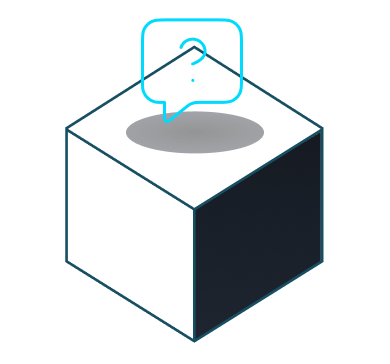
Got a question we didn't answer?
Need More Help? Contact Us and we'll be happy to help. Email us.

Ready to Get Started?
Complete the application form by answering a few simple questions, and our sales team will promptly get in touch with you.
Let's chat

